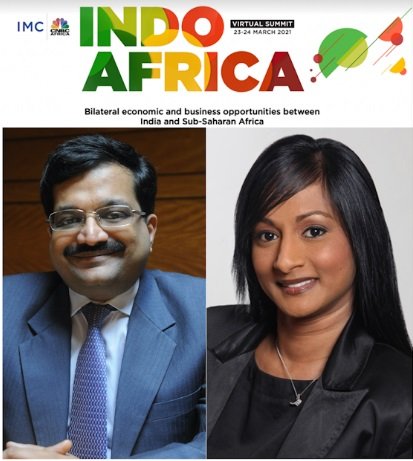Eradicating child labour in any form of employment is an important issue across the world and all major importing countries, especially USA in particular, are sensitive to this issue. In the list of restricted import of goods published on 30th September 2020, the United States Department of Labour (US DoL) has included Indian cotton seeds, cotton, thread/yarn besides other commodities based on some published reports. The Indian companies have been advised to monitor and ensure that no child labour/forced labour is being employed within own organization or with the supplier’s/buyer’s organizations.
 |
Mr. Manoj Patodia, Chairman – TEXPROCIL
The Cotton Textiles Export Promotion Council (TEXPROCIL), Employers Federation of Southern India (EFSI), Ethical Trade Initiative (ETI) and The Southern India Mills’ Association (SIMA) jointly organized a Virtual National Seminar on “Eradication of Child Labour” on 30th March 2021 which was attended by stakeholders across the country from the textile value chain.
Mr. Manoj Kumar Patodia, Chairman, TEXPROCIL inaugurated the seminar and highlighted the need for eradicating child labour employment and de-listing cotton seeds, cotton, thread/yarn from the restricted list.
Dr. Siddhartha Rajagopal, Executive Director, TEXPROCIL highlighted the importance of addressing the child labour issue and procedures for de-listing the goods from the restricted list. He also briefed the steps to be initiated by Textile Export Promotion Councils and Industry Associations in preparing dossiers by engaging a third party agency study, collecting data from the Department of Labour and NGOs, adopting a code of conduct and strictly adhering to labour laws to eradicate child labour etc.
Mr. Rana Alok Singh, Regional Director, South Asia, ETI briefed about the role played by ETI in social accountability and social auditing while Mr. K. Varadan, Chief Consultation Officer, M/s. Aparajitha Corporate Services (P) Limited and State Committee Member of EFSI, deliberated on legal provisions against the employment of child and adolescent labour, especially in the textile industry. Mr. V. Regurajan, Legal Advisor, SIMA, spoke elaborately on the employer’s liability on employment.
Mr. K. Manickam, Secretary-General, EFSI briefed about the role played by EFSI, SIMA and occasionally with ILO and other organizations in the area of labour law compliance and eradication of child labour.
Mr. Sanjay Kumar, Executive Director cum Secretary, Carpet Export Promotion Council shared issues faced by the carpet industry with regard to child labour and highlighted steps initiated by them like mandatory registration of all carpet looms and adopting a code of conduct for eradication of child labour apart from introducing various welfare facilities.
Dr. K. Selvaraju, Secretary General, SIMA moderated the session and briefed about the labour employment code and conduct recommended by SIMA. He stated that the Code will facilitate any textile manufacturing unit to protect itself from any criticism from the NGOs and also other stakeholders. SIMA has established a Sustainability Cell that helps textile mills for auditing and certifying an employment code, apart from assisting the mills in compliance. He also informed that SIMA has developed a draft Code on the eradication of child labour for the employer’s compliance.
For more information, please visit www.texprocil.org.
![]()














